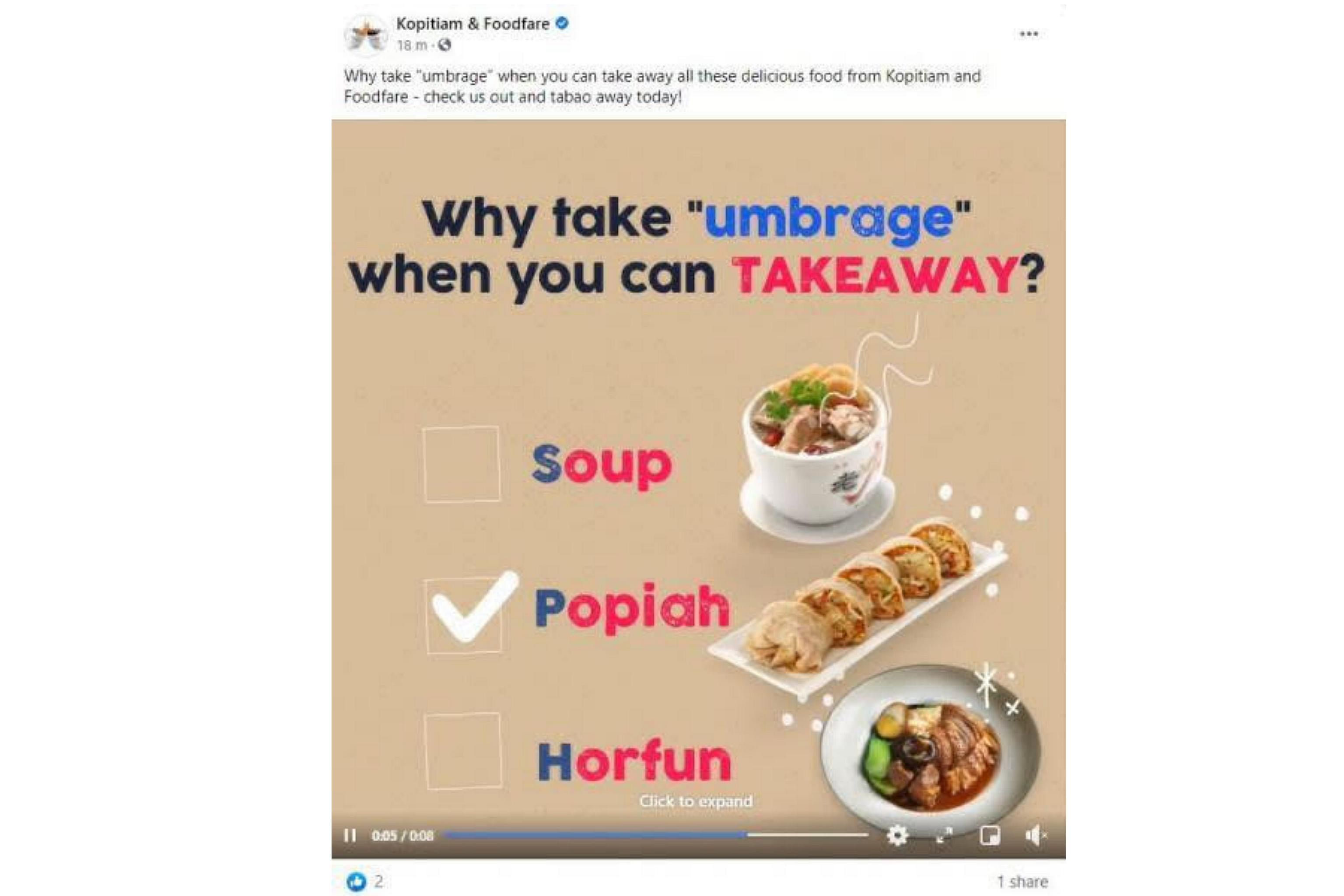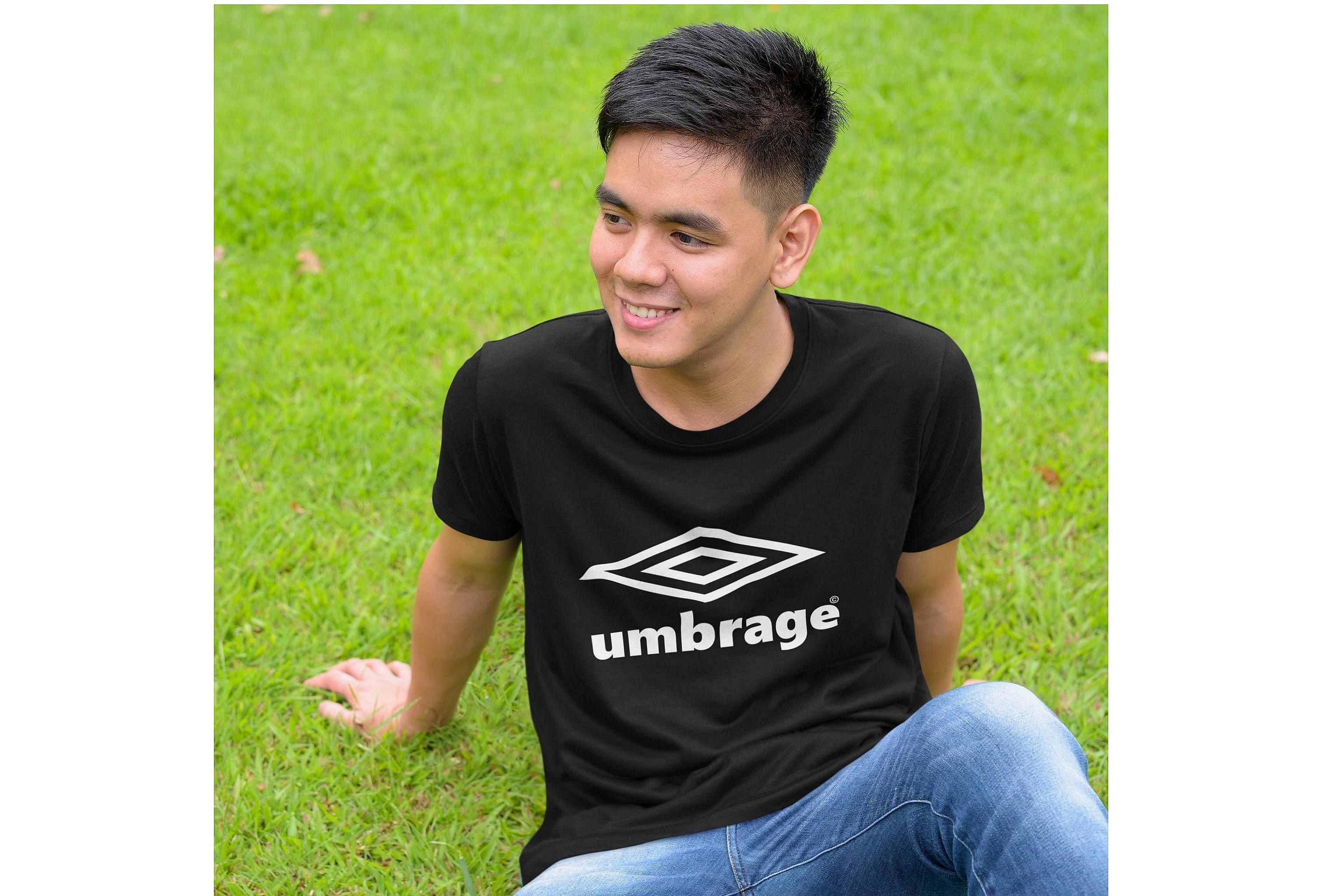Umbrage: The Singapore Press Saga That Rocked Google
On Thursday, May 6, a single word made headlines, Facebook posts, and even a brand‑name tattoo in the mind. It’s not part of the daily vocabulary – it’s umbrage – a term that, for once, showed up as the most‑searched phrase on Google in Singapore, with over 200,000 people hunting it down.
So What’s the Buzz All About?
It all started when Ng Yat Chung, the chief executive at Singapore Press Holdings (SPH), brought it up at a press briefing on how the company plans to hand over its media arm to a not‑for‑profit entity. The word caught fire like a meme‑firecracker:
- Trending on Instagram, TikTok and even the slightly less trendy Reddit.
- Made its way onto merch – think T‑shirts proclaiming “I’ve got umbrage!”
- Brands hopped in, offering special deals with a hunk of the freshly brewed buzzword.
The Spider‑Web of Radio Frequency
During the live Q&A, a reporter from Mediacorp’s CNA Digital asked whether SPH would shift its focus to editorial integrity over “advertiser interests”. Ng shot back: “I don’t bow to advertisers. Whenever you’re describing yourself as fearing ads, I take umbrage.” The video of the exchange has now become the social media gold of the day.
Highlights from the Feed
- Facebook: Lim Weixiang’s clip saw 4,200 reactions, 4,300 shares and 2,100 comments.
- Google searches spiked at 8 am the next morning, thanks to a satirical 2‑minute clip by local blogger mrbrown titled “Encik takes umbrage”.
- The clip has already racked up 223,000 views and 6,600 reactions.
Why Did it Bite?
‘Umbrage’ isn’t a slang word you’d toss into casual conversation. But it’s oddly catchy – bots, bored scroll‑tweeters, meme‑makers and even serious marketers all jumped on the trend, hungry for that sweet spot between oddness and intrigue.
From Wikipedia to Instagram
- Ng’s Wikipedia entry had a temporary umbrage addition; folks started debating whether it fit, before it was removed.
- Yeo Tze Hern (Yeolo) produced four memes, with the top one hitting over 5,200 likes.
- A fledgling Facebook group: “Umbrage Singapore” already boasts 500 members ready to meme away.
Brands Itched to Join the Dance
Even venerable shopkeepers and meal‑hunters couldn’t resist:
- NTUC’s Foodfare and Kopitiam started cheeky lines about umbrage‑fueled flavor.
- Booking platforms Chope & Klook added playful umbrage tags to their holiday promos.
- Iconic eateries like Tim Ho Wan and Nando’s sprinkled a bit of the word into their Instagram stories.
Final Thoughts
Ng Yat Chung did express a personal note, telling the Times that he’d always defended SPH’s editorial soul and that he regretted any “distraction” caused by the word. He’ve continued – as always – to advocate for clear, reliable reporting, even if it means a slather of umbrage in the comments.
The “Umbrage” craze is a reminder that sometimes, a single off‑hand word can create a cultural ripple that turns a press conference into a grassroots marketing push you could literally order in one click.

Urban Word‑Storm: “Umbrage” Takes the Spotlight
Picture this: a single, edgy word splashes across social‑media feeds, sparking a wave of merch, memes, and a touch of pan‑Caucasian confusion. The trigger? The buzzword “umbrage”, which means “offense” or “take offense.” It’s been making headlines, ending up on everything from Instagram stories to the biggest e‑commerce sites.
Brands – Not Batch‑Unaware
- NTUC Foodfare & Kopitiam – These local food hubs jumped on the trend, posting snappy visuals. Kopitiam even deleted the post after a quick chat with the community, probably feeling a little “lost in translation.”
- Chope & Klook – The booking powerhouses added the word to their campaigns, letting travelers and adventure seekers get a taste of the meme‑leaded atmosphere.
E‑commerce Explosion
Go to Shopee or Lazada and bam! – T‑shirts, tote bags, mugs, and even stickers sporting “umbrage” designs dominate the search results. TJG Print claims they seized the moment just to ride the wave: “We whipped up the prints because it’s a hot trend and we know people love fresh, quirky merch.”
Creator Buzz: The “Lightning” Moment
Singapore‑based creator Singaplex turned their brain‑storm into two killer designs. Ken Tan and Jonathan Leong say, “The idea came to us like a bolt of lightning; we just had to see it on a T‑shirt.” They’ve been pre‑selling the shirt for the next birthday party.
Pop Culture & Sportswear Mash‑up
Let’s talk Tee Hub. “I was googling ‘umbr’ and the first auto‑complete hit was ‘Umbro’—the sportswear giant. That was the spark!” Denny Liew confesses. He was surprised by the bulk orders (five so far) and the sheer excitement from fans of sports logos turned into clothes.
Why We’re All Laughing (and Buying)
It’s the brilliant mix of linguistic confusion and marketing heavy‑handedness that delivered a fresh wave of “mobius” pops. When a word that usually conjures anger instead becomes the toast of your wardrobe, you know something’s happening—something that fuels conversation, some that fuels sales, and something that makes us feel part of the meme‑culture we love.

The T‑Shirt that Took the Internet by Storm
Why “Umbrage” is the New Trend‑setting Word
The English word “umbrage” lately turned into a fashion statement – literally. Tee Hub, a quirky new T‑shirt brand, chose the term after a quick Google search revealed its obscure nature. This rarity gave the shirt a distinct, almost mysterious feel that fans instantly loved.
Social Buzz: The Emotional Loop
According to Natalie Pang, a Communications and New Media lecturer at the National University of Singapore:
“People see emotions attached to a message for sure – that fuels it’s sharing.”So the tweet‑throbbing heart of umbrage was the emo that encouraged users to keep passing it on. The kind of emotional ripple that transforms a simple word into a community buzzword.
Netsurfers’ Take: Militant Humor Meets Political Standing
“We should be so glad that Singaporeans have strong opinions and tremendous creativity in using humour to express their views.” – Lim Sun Sun
The Takeaway – Oh, the Power of Two Umbrages
The pair of umbrages created a cascading chain reaction of laughter, surprise, and conversation. The T‑shirt brand didn’t just sell apparel – it packaged a meme, a shared emotion, and a clever pun all in one.




